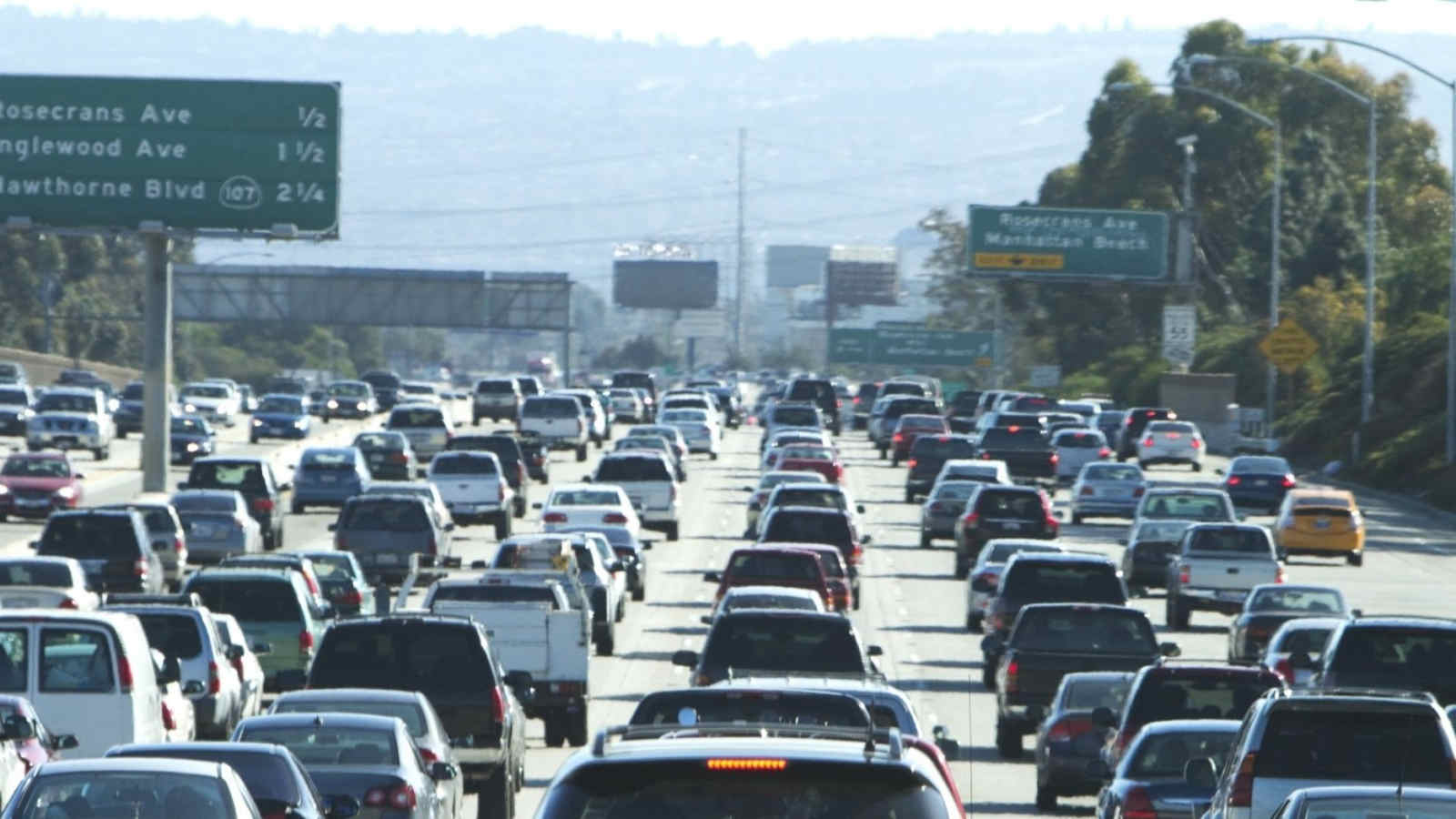
Maxwell Drever elucidates the reason why all are responsible for the problem of affordable housing
One of the most basic human requirements is a house. With the affordability crisis, people across the globe find it difficult to access such homes. Most of the housing opportunities ask for more than 30% of a household income, leaving the renters burdened with the task of paying rents and lacking adequate funds for health and education.
The crisis of fair, affordable housing has many adverse effects on most communities. It also leads to significant environmental impacts and brings about a lack of diversity among individuals. Individuals facing a challenge to award a living suffer from stress regarding transportation and social stability.

Here are a few reasons why the lack of workforce housing is a global issue:
Housing experts and economists suggest that the cost of affordable housing does not only impact individuals who lack sufficient funds to afford them. It also affects the local community, employers, and the government.
According to Maxwell Drever, the government must regulate the taxing policies to constrain affordable housing development. Following are a few implications of the affordable housing crisis.

It negatively impacts the traffic on the road
While most housing policies agree that building a house will result in more traffic, the lesser is the construction of the building; the worst traffic can get. The reason behind such an argument is that individuals who cannot afford to live near their workplace move to cheaper areas and require conveyance from home to office.
Low-income workers working in a metropolitan city and living in the outskirts tremendously affect the traffic and bring about more congestion leading to environmental damage.
On the other hand, people with substantial income use cars as conveyance, impacting the traffic on the road. Therefore, it is essential to construct more buildings, allowing individuals to use less transit, thereby minimizing traffic.

The impact on local businesses
Many individuals spend more than two-thirds of their income on housing. Such people lack funds to fulfill other requirements, hurting local businesses and the region’s economy. The cost of renting a house acquires most of the funds people own.
People are not financially able to devote their income to other things. Under such circumstances, housebuilders must increase the supply of affordable housing. Such regulation can enhance the consumption of goods and services, stimulating growth.

Problems faced by the employers
Lack of affordable housing poses a problem to the employees of various organizations, from the government to the local store. According to Maxwell Drever, most private and public sectors depend on low-income workers. Individuals want to pay a small amount to the contract workers, such as buildings and other maintenance teams. Restaurants and retailers require individuals who can serve them at a low wage.
Since many low-income individuals are affected by housing affordability, the lack of affordable housing near the workplace can revert the problem to the employers as it affects the capacity for hiring. Since most employees are moving away due to high living costs and unattainable prices, it leads to the economy’s growth. Such spatial mismatch must be removed by establishing more places at an affordable rate.
While it is essential to increase the supply of workforce housing, the economist must also work, minimizing the demand for such houses. Undertaking redistribution of wealth among individuals can resolve the issue. Such an action requires the country’s aggregate income equally among the upper-middle and the lower class people.






